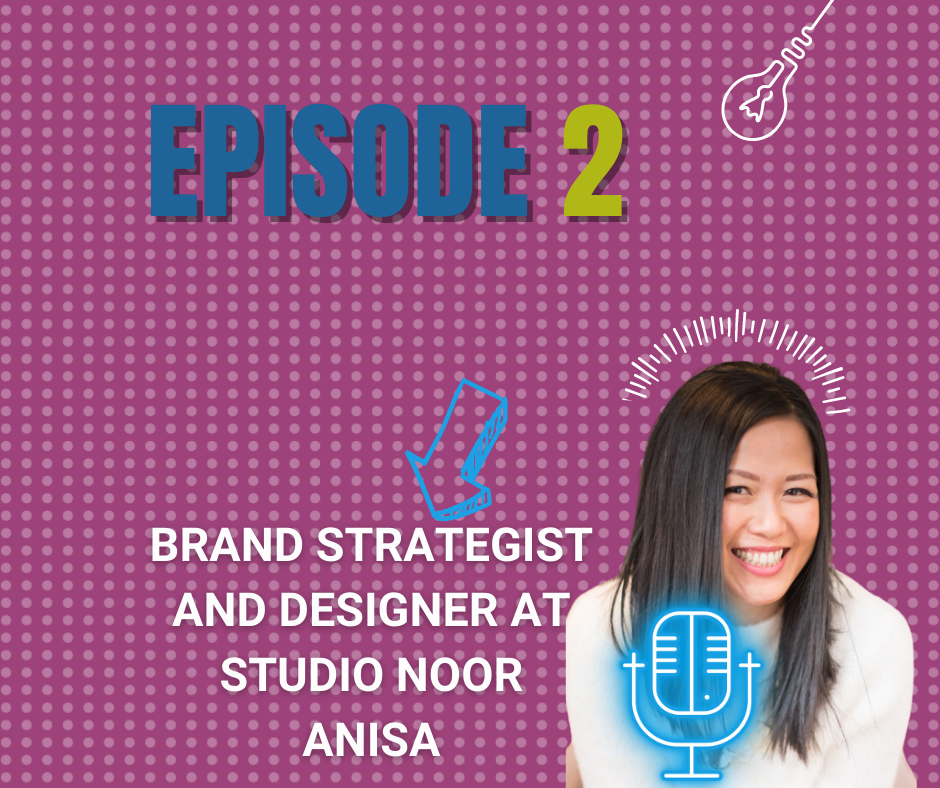Please introduce yourself in a few sentences
Salam my name is Nahid and I am the engagement office at Islamophobia Awareness Month also known as IAM which takes place every November in the UK.
What is islamophobia and what causes it?
According to the old party parliamentary group on British Muslims Islamophobia is rooted in racism and is the type of racism that targets the expression of Muslimness or perceived Muslimness we can really understand this by visualizing an iceberg at the very top things that we can see such as hate crime physical verbal abuse and what is underneath are things that we can’t see things like marginalization discrimination exclusion and stereotypes that has a huge impact on Muslims on a regular basis so fundamentally islamophobia stems from a lack of understanding and othering Muslims and because there’s a lack of awareness on the religion of Islam or what it means to be Muslims it’s easy to fall for stereotypes and negative trips about them which is why this year’s campaign focuses on the power of storytelling with a theme being Muslim stories what we want to do is break down barriers and have a meaningful conversation to understand how islamophobia impacts Muslims on a regular basis and also showcases the positive contributions they make to today’s society.
What has the impact of islamophobia on Muslim individuals and communities?
I mentioned earlier one of the obvious ones is hate crime the physical and verbal abuse that many Muslims go through but it’s far more deeper than that it’s things like discrimination and marginalization that really really has a massive impact on communities for example Bristol University found that Muslim signing names are three times more likely to be pastoral for a job interview in comparison to a non-muslim sounding name and this is just one of many examples of how it impacts and some Community today.
What is Islamophobia awareness month?
Islamophobia Awareness Month is a campaign that’s run every November needs to raise awareness about islamophobia and to showcase the positive contributions that Muslims make in society in the UK.
How can individuals from non-muslim backgrounds actively support the fight against islamophobia?
I think it’s crucial to understand that challenging islamophobia is not just the responsibility of Muslims it requires everyone from all fabrics of society to really come together to challenge this as a non-muslim I think it’s important to hear the lived experiences of Muslims and really try to understand the challenges that they may face in today’s society and by raising awareness this way we can better identify and challenge instances of islamophobia so, therefore, the first step to really take is to sign up to become a supporter of the I am campaign and take part in this year’s campaign in November.
What are some examples of successful islamophobia awareness campaigns and what strategies did they employ?
IAM 2022 was deemed successful in growing the campaign we had 500 new supporters to sign-ups including individuals and organizations from various different sectors we had 250 events take place across the UK from the IAM exhibition to workshops and even panel discussions an example of this is the University of law they participated last year not only did they have various events but they also created a working definition of islamophobia for their institution and to help tackle this issue within their campuses in terms of a strategy we employed we created information packs for various different sectors to help them understand how is amphibious perpetuated within the sector but also give them information how they can parties participate in the campaign and inshallah we expecting I am 2023 to be bigger and better.
What resources and supports are available for those affected by Islamophobia?
This year’s campaign really focuses on providing support to those who have been affected by Islamophobia through the power of Storytelling we also have additional resources available on our website as well as information on how you can get involved with the campaign outside of I am there are various different organizations Charities and even campaigns that support the Muslim Community in the UK some of this example included the Muslim use helpline the Muslim women’s Network helpline and also islamophobia Response Unit that provide legal guidance on all victims of islamophobia in England and Wales in terms of raising awareness I think it’s crucial to provide them with the platform whether that’s physically at an event or virtually like a webinar or social media for them to have the exposure and talk about the work that they do this is really important for them to have the first step in raising awareness about this.
How can Brands and businesses support Islamophobia awareness campaigns?
They can follow five simple Steps step one is to become an official supporter of the campaign step two is to follow us on our social media platforms and use our hashtag to help us spread the word step three is to check our exhibition we have a virtual one available on our website but you can also hire physical exhibition too step four is a host your own I am event this year’s theme is Muslim stories and our Flagship event is a human Library you’ll be able to find more resource and information about it on our website and step 5 is host your own I am Workshop this can be a short as a five-minute talk or a long interactive Workshop they expect means what islamophobia is and how to participate in the IAM campaign and you can do so by visiting the website which is www.islamophobia/awareness.org and check our resource pages as well.
How does islamophobia in marketing perpetuate stereotypes and contribute to the marginalization of Muslim communities?
To begin with, there’s a lack of diversity and representation of Muslims in marketing today one of the reasons for this is the negative portrayal of Muslims in media such as through acting roles that promote stereotypes and therefore limit the understanding of Muslim needs and lifestyle another example is be using an increase of Halal consumer marketing in the west and many retailers profit from this such as the modest fashion industry but they still shy away from using Muslim representation for it.
What steps can organizations take to educate their marketing teams about the negative impacts of Islamophobia and encourage responsible marketing practices?
You can start off by following three simple steps Step One is to become a supporter of the IAM campaign and encourage all staff members not just your marketing team to understand what islamophobia is and how it manifests in the marketing world. Step 2 is to increase your current knowledge and understanding of the Halal Market and what products and services are available and how can your organization support them the final step is to increase representation and diversity within your organization by following these three simple steps you can help reduce the negative impact of islamophobia and create a better environment for Muslim representation in marketing.

